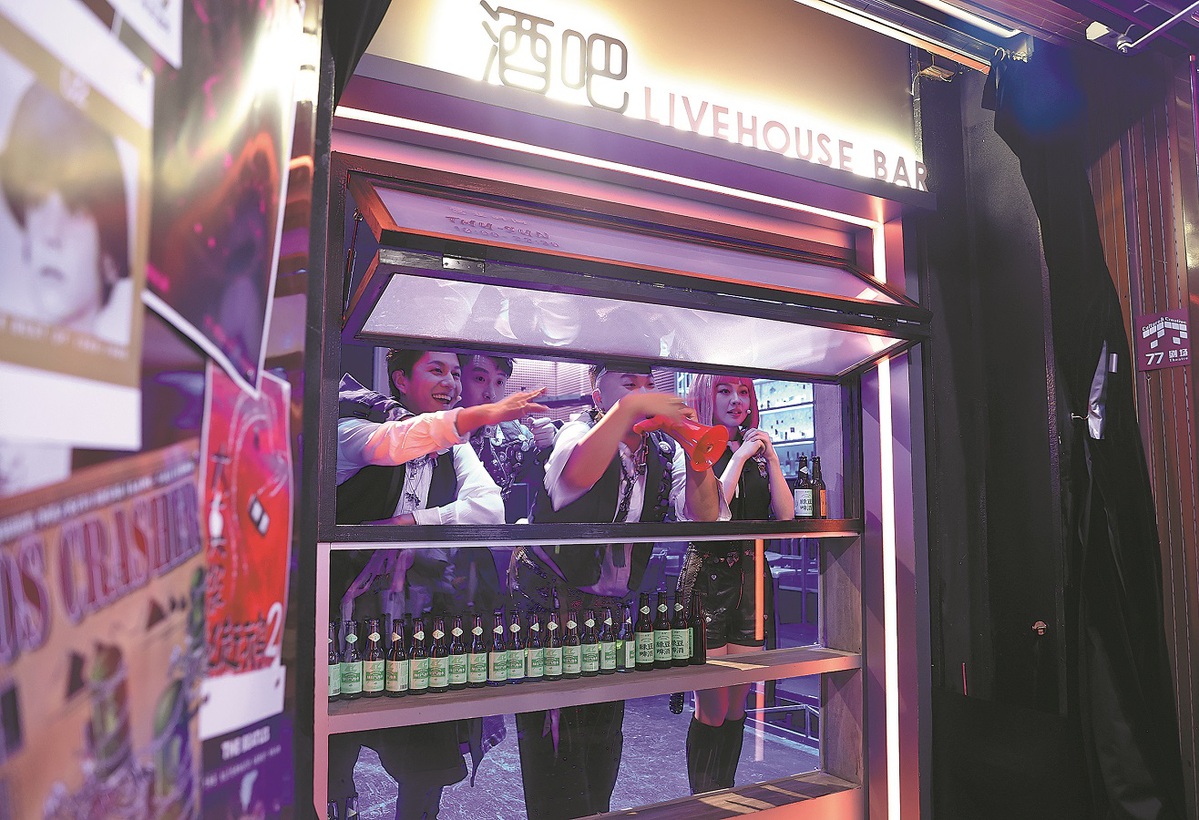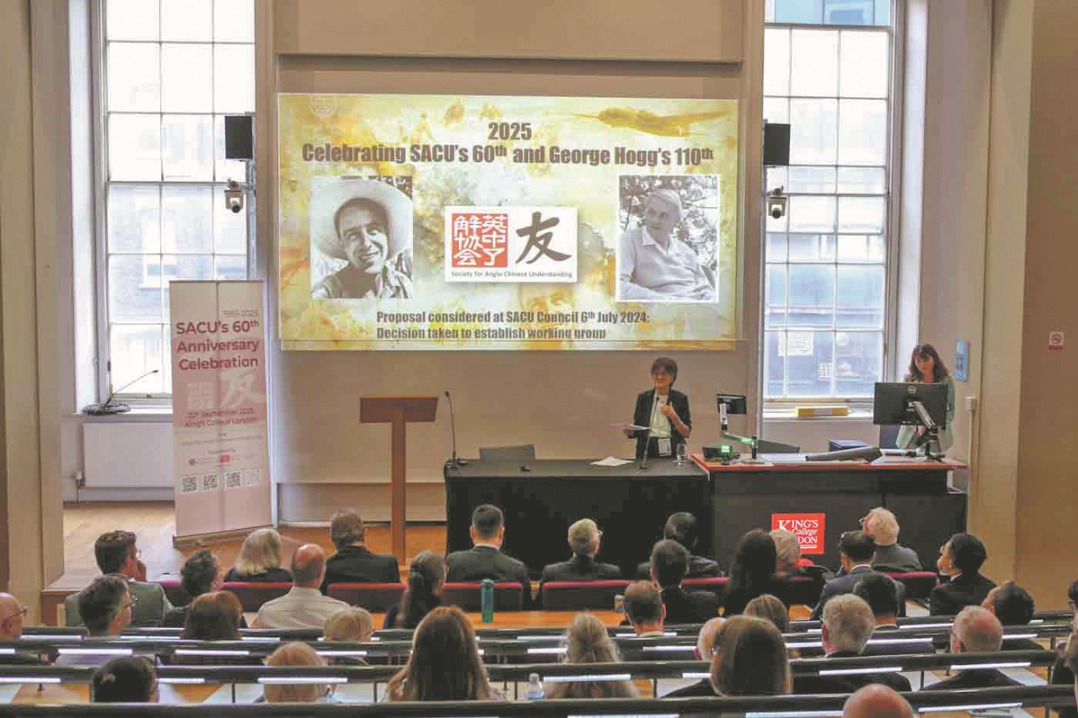The 'play's the thing' in rise of immersive theater
Yet another form of entertainment attracts younger generation with interactive experiences


Changing attitudes
"Young people today want to express themselves more than ever," said Ma Yueshu, the general manager of the subsidiary of Mahua FunAge, and deputy general manager of Mahua FunAge Theater Line.
"They value individuality and expect more from their entertainment. They don't want to just watch — they want to be part of the story."
Since 2018, the company has embraced immersive theater as a way to engage with this emerging audience. In 2023, nearly two-thirds of the company's 13,000 shows were immersive experiences, a clear sign of the growing demand for interactive, participatory performances. The audience is encouraged to make decisions, interact with characters, and even shape the direction of the plot. So far, the company has staged around 20 immersive theater productions.
"We want to create a new form of social engagement. After the curtain falls, the audience members meet the actors, take selfies, and engage in personal interactions," she said.
Actors are trained to handle a range of audience reactions, ensuring that everyone feels included. Ma said the space in an immersive theater is often fluid and actors need to be comfortable navigating the set, which may not have a traditional stage front or a fixed performance area.
"Because audience members can react unexpectedly, actors need to be able to improvise and adapt quickly. It's essential to offer actors workshops or classes in improvisation to hone their skills in reacting to unscripted moments," she said.
What makes immersive theater even more appealing to younger audiences is the opportunities it provides to share their experiences and reviews on social media platforms — whether through photos, videos, or hashtags.
Whether it's posting a selfie with an actor or sharing a behind-the-scenes moment, the audience becomes the "promoter", creating a viral effect that amplifies the theater's reach, Ma said.
Traditional theater can sometimes feel distant for younger generations, particularly those raised with interactive and dynamic media like video games and social media.
Immersive theater, however, turns the audience from passive spectators into active participants. For many of them, it feels more like an adventure or social activity than just "watching a play", Ma said.
























